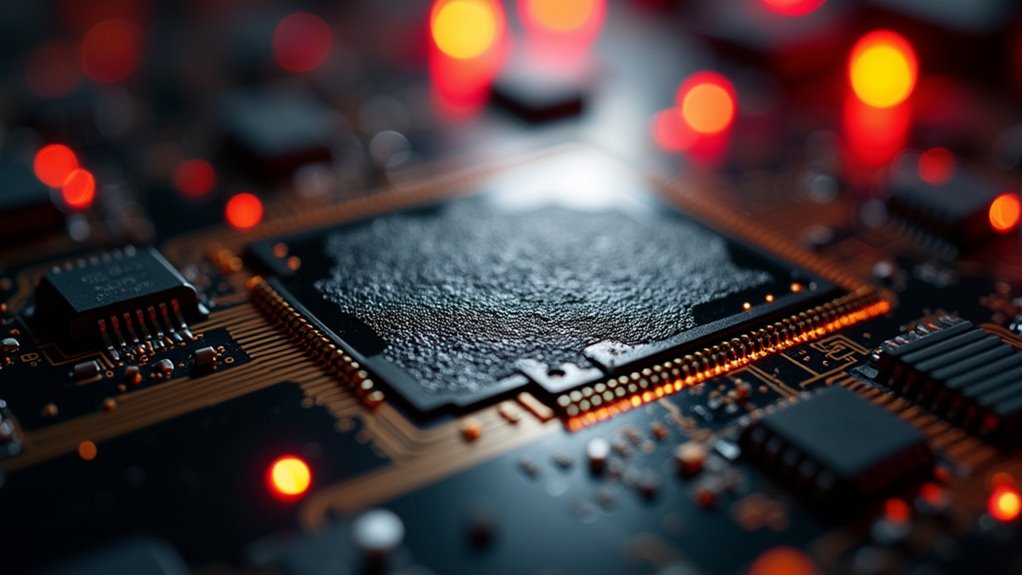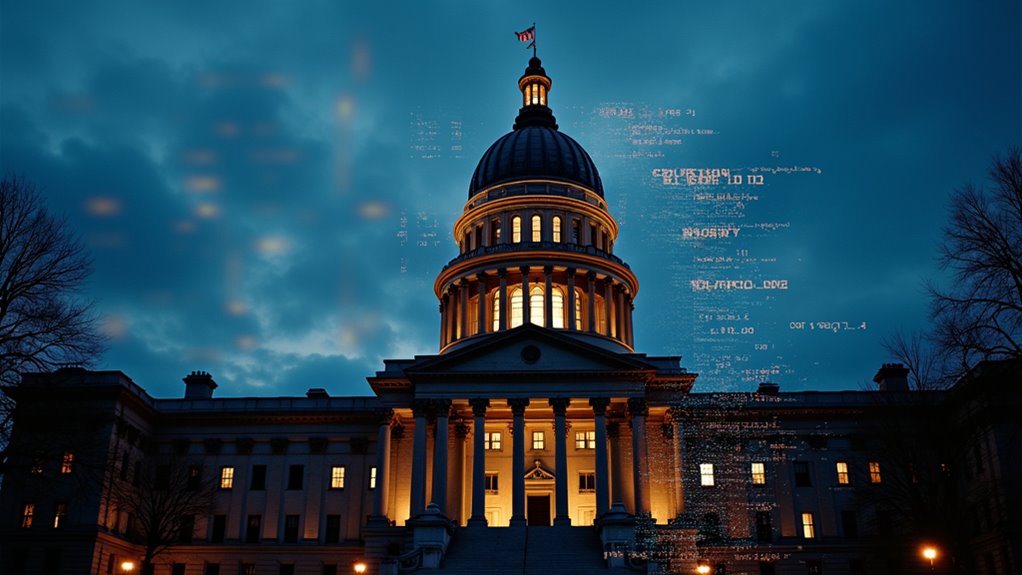AI bias threatens businesses on multiple fronts—financial, legal, and reputational. With 65% of organizations experiencing bias but only 13% addressing it, companies face revenue loss, customer alienation, and potential regulatory penalties. Biased algorithms reject qualified candidates, make poor marketing decisions, and perpetuate systemic inequalities. Think your algorithms are neutral? They’re probably not. The costs of ignoring these hidden prejudices extend far beyond simple PR headaches.
Lurking beneath the glossy veneer of artificial intelligence systems, an uncomfortable truth threatens the bottom line of businesses worldwide. As organizations increasingly embrace AI to drive decision-making, they’re often unknowingly inviting bias into their boardrooms. A staggering 65% of organizations have already experienced data bias in their AI systems, yet only 13% are actively addressing it. Talk about playing with algorithmic fire.
The financial consequences are no joke. Nearly two-thirds of companies affected by AI bias report lost revenue and customers. When your fancy algorithm decides certain demographics aren’t worth marketing to—based on flawed historical data—you’re fundamentally hanging a “some money not wanted here” sign on your digital doorstep.
Ignoring bias in your AI isn’t just ethically questionable—it’s telling whole customer segments their money isn’t good enough.
Beyond the immediate financial hit, biased AI can transform your brand into tomorrow’s cautionary business school case study. Imagine this: your hiring algorithm quietly rejecting qualified candidates from certain backgrounds, only to be exposed in a scathing front-page exposé. Your stock price tanks faster than a reality star’s career after a scandal.
Legal landmines await the unprepared. Regulatory bodies are sharpening their focus on algorithmic fairness, and non-compliance penalties make tax season look like a walk in the park. When your AI discriminates, your legal team sweats.
The societal impact extends beyond balance sheets. AI systems perpetuating bias in healthcare, lending, and hiring contribute to systemic inequality. Remember: your “efficient” algorithm might be efficiently denying people opportunities based on factors they can’t control.
The root causes are numerous—from biased training data to homogeneous development teams lacking diverse perspectives. *Your AI is only as unbiased as the humans who built it and the data they fed it.* Implementing explainable AI techniques can provide much-needed transparency into how your algorithms make decisions.
Smart organizations are implementing governance frameworks and continuous monitoring systems. Without human oversight, AI systems can continue to reinforce existing inequalities while operating autonomously. The most effective companies are conducting regular data quality checks as part of their bias prevention strategy. They understand that addressing AI bias isn’t just ethical window dressing—it’s essential risk management.
Because in the end, letting hidden biases lurk in your AI systems is like hiring a loose cannon for your executive team: entertaining briefly, catastrophic eventually.









